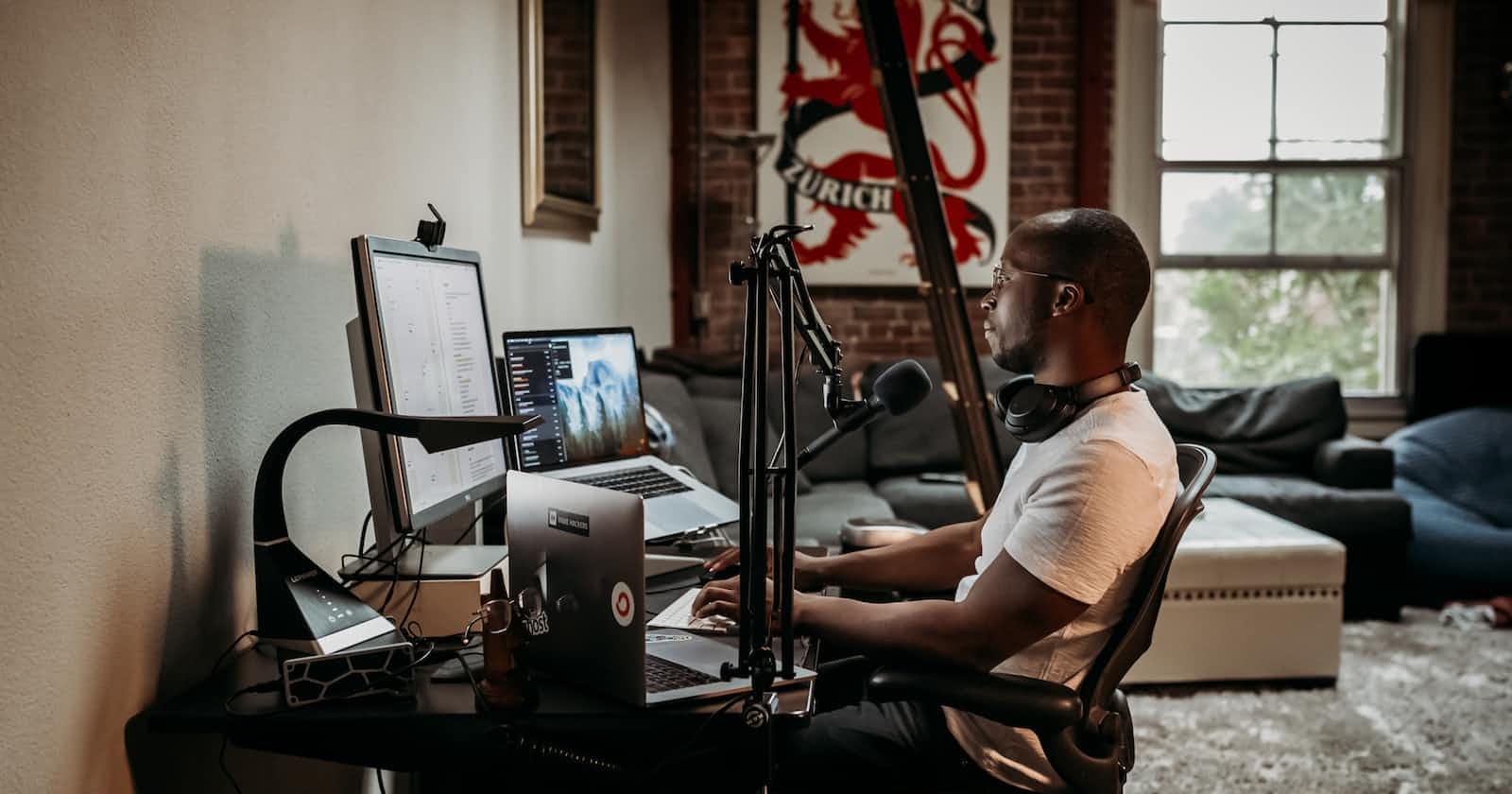I'm fascinated by ChatGPT, and it will certainly change the world and the way we learn, but I'm also concerned by its potential plagiarism problem.
People like to publish new posts with mentions like that:
This post has been created by ChatGPT
While AI-generated content might look fly, it could be "obfuscated" plagiarism.
Ban rules and other countermeasures
Sciences Po has banned ChatGPT and other AI tools. While the french university did not mention how exactly the restrictions will work, students have been explicitly warned by emails.
Most countries, including America, took similar measures for universities and public schools. Indeed, AI is already able to write very convincing prose and essays, or any other complex work, which could make homework meaningless.
However, it's not that easy to stop, as ChatGPT has been trained with a gigantic dataset, making it very difficult for scanning tools to spot, and almost impossible for humans.
Expect false positives AND negatives as well.
The situation is even more critical for content creators who depend on their publications to make a living. Platforms also try to take measures, but it's the same problem.
OpenAI shifts the responsibility to the users
OpenAI, the company behind ChatGPT, shifts the responsibility to the users and argues that ChatGPT is not meant and is not even able to steal content from external sources.
As far as I know, or, should I say "for now," ChatGPT is not capable of producing original content or ideas. It's also not supposed to be connected to the internet or any external source.
However, the model "eats" and processes inputs. If you give it content created by humans, it will scan it, mix strings and other bytes, and spit out something.
Nothing is lost, nothing is created, everything is transformed
Using ChatGPT to generate a technical blog post could be 100 times more rewarding than writing your stuff. In fact, "your stuff" will probably be another input amongst many others.
Is it cheating or plagiarism?
While many people are convinced using ChatGPT is cheating, I think it forces us to ask ourselves fundamental questions about content creation.
"ChatGPT is plagiarism": okay, but how do you write articles? you may read other articles and then summarize what you have learned and experiment after weeks or months.
In such a case, ChatGPT is doing pretty much the same, except that it does it ridiculously more quickly, and it's a key point, it does not use its own words, as it just cannot. However, do you?
Without even realizing it, you may have been influenced by your reads and reuse words and ideas that you have found particularly brilliant.
I'm aware this debate is on shaky ground, but are we calling that "plagiarism" just because it's a better copy?
You may find that question silly and argue that AI has no creativity, but, to me, it's not that simple.
I agree with the term "cheating," as the machine can replace hundreds of humans, but "plagiarism" might be more complicated.
Aggregating data
I sometimes get the impression ChatGPT and other AI-based searching tools are mixing content without acknowledging their sources (correct me if I'm wrong), which is uncool, at least.
In contrast, authors and content creators often add useful links or a list of helpful resources they used to write their stuff.
It's not uncommon for developers and online communities to do the same:
/* fix props to @thebestcontributor */
Crying over spilled milk
The current landscape is just the beginning, as ChatGPT is still limited. What bothers me is not what malicious actors and unscrupulous individuals might do with it.
The tool is here to stay. It's already available, so people will use it. There's very little you can do about it. The question, to me, is more about who or which companies control the tool and the model behind it.
In the meantime, content creators and publishing platforms will have to face an overwhelming challenge.
I've read someone commenting "some people who know how to use ChatGPT will replace others who don't." It makes sense, as people who master Google usually get better results than standard users.
Is Googling cheating or plagiarism?
Wrapping this up
I wanted to share my questions about ChatGPT and content creation. In the end, I don't think the tool can replace content creators, at least, for now.
However, if I can leverage Google to find good information and mix it with other data to "create" a meaningful blog post. Maybe the difference in ChatGPT results is my ability to fix inaccuracies and filter mistakes, which do happen a lot.
The added value is in the "glue" our mind produces to create and establish meaningful relationships between the various data. On that point, the human brain seems far more advanced than the most powerful ML (Machine Learning) systems.
In a nutshell, if ChatGPT is like "Google on megasteroids," then you'd better learn how to use it, regardless of your opinions.

